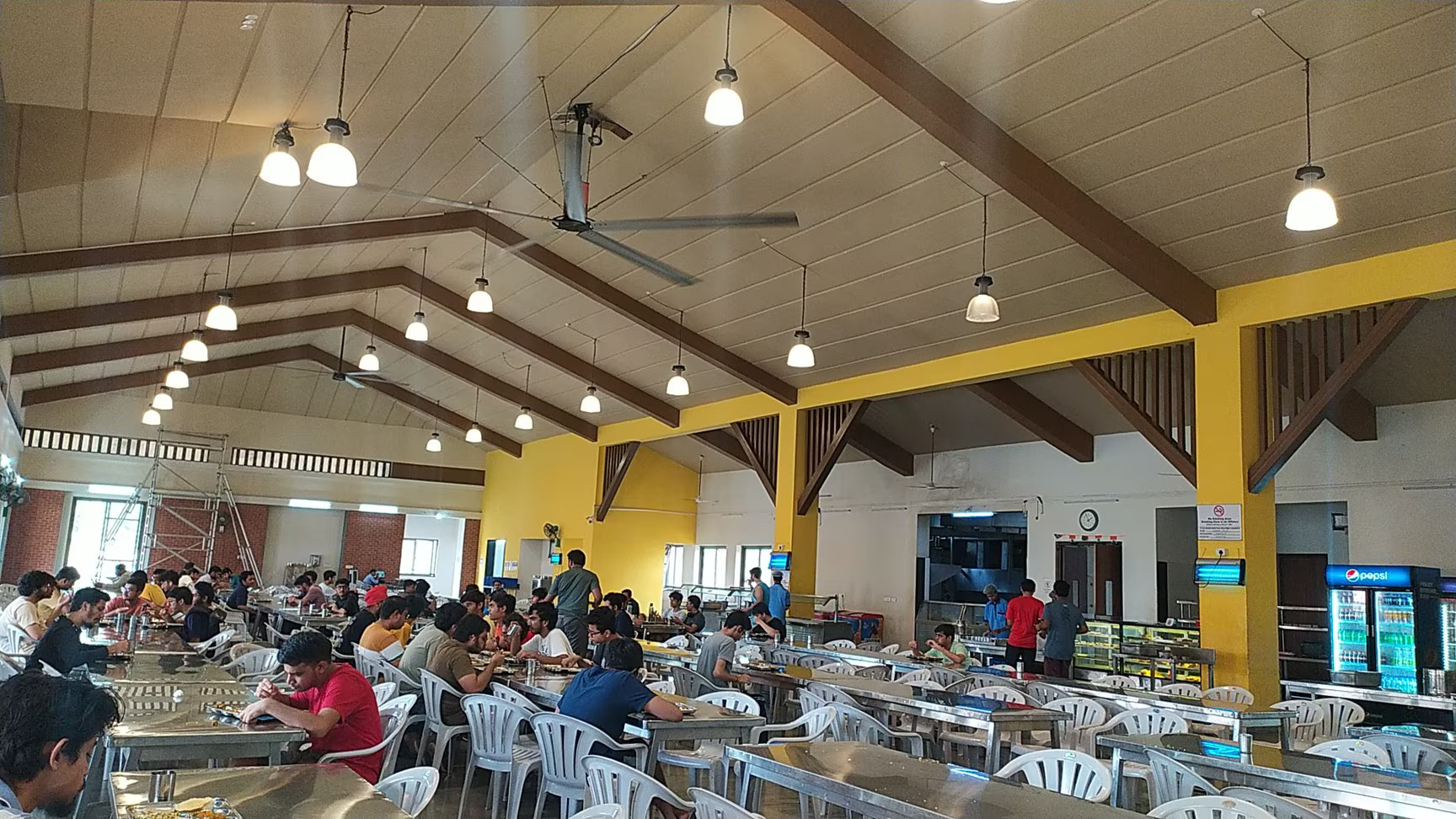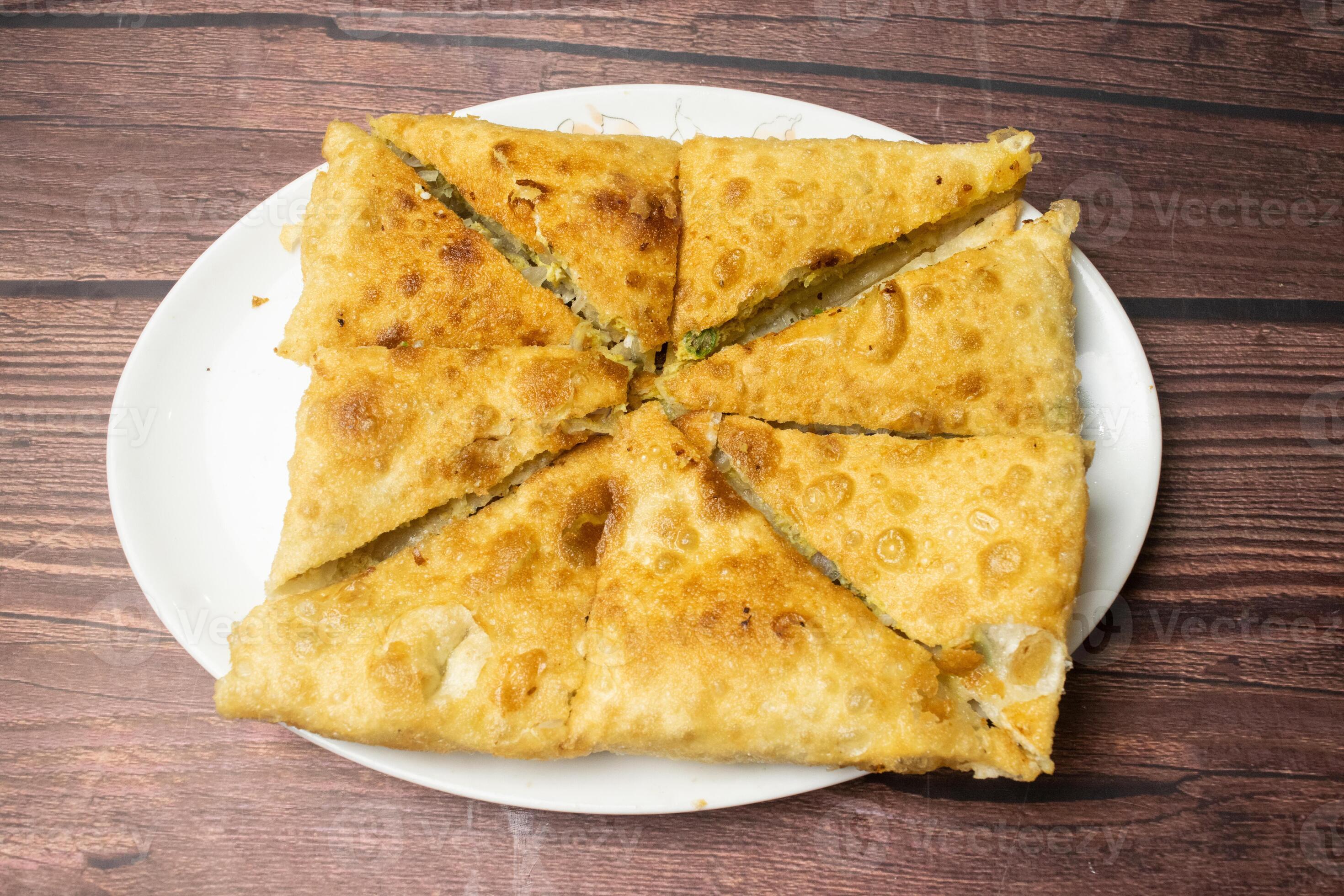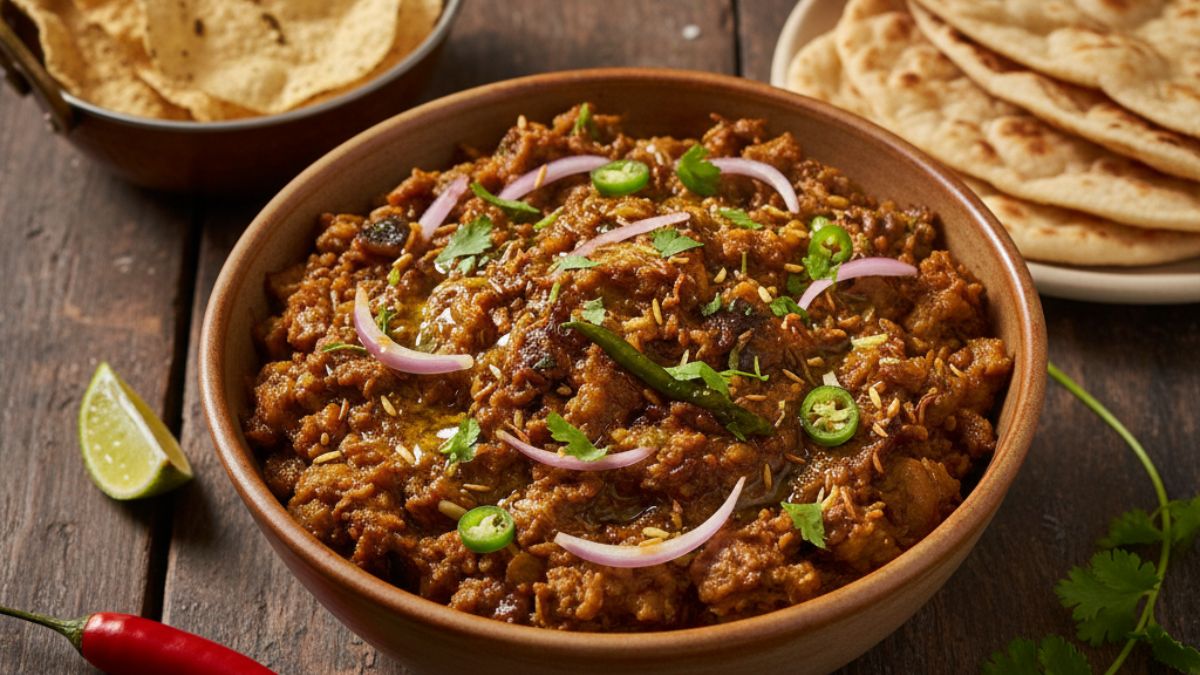We have established the fact our diets change the microbes in our gut, which in turn bring about changes in our health and body functions, including in our immunity, mood, appetites, weight etc. A healthy and diverse gut microbiome is said to be a sign of a healthy body and our diets can ensure that. A new study has talked about the link between cooking food and our gut microbiome. The study indicated that consuming cooked food brings about a fundamental change in the microbiome present in the gut, in the cases of both humans and mice. The study aimed at looking at human behaviour and environment and how these could be optimised to shape our microbiomes for the better.
The study titled, 'Cooking shapes the structure and function of the gut microbiome' was published in the journal Nature Microbiology and was conducted by the scientists at UC San Francisco and Harvard University. For the study, the researchers fed mice with various different types of diets which included feeding them with raw meat, cooked meat, cooked sweet potatoes and raw sweet potatoes. These were chosen as previous studies had indicated that cooking altered the bioactive compounds present in both meats and tubers. The findings were surprising. The researchers found no impact of cooking meat on gut microbes, as compared to raw meat.
Also Read: Raw Food Versus Cooked Food: Which is the Key to a Healthy Diet?
But when it came to sweet potatoes, cooking the vegetable was seen to bring about a significant change in the microbes in the mice's gut. The researchers said that this was due to two key changes in cooked vegetables: cooked food was more readily absorbed in the small intestine, leaving less food for microbes further down the gut; and raw foods contained potent antimicrobial compounds which appeared to damage certain microbes in the gut. The study report said, "Numerous microbiome studies have compared diets with divergent ingredients, but the everyday practice of cooking remains understudied. Here, we show that a plant diet served raw versus cooked reshapes the murine gut microbiome, with effects attributable to improvements in starch digestibility and degradation of plant-derived compounds.
"Shifts in the gut microbiota modulated host energy status, applied across multiple starch-rich plants, and were detectable in humans. Thus, diet-driven host-microbial interactions depend on the food as well as its form. Because cooking is human-specific, ubiquitous and ancient6,7, our results prompt the hypothesis that humans and our microbiomes co-evolved under unique cooking-related pressures."
(This content including advice provides generic information only. It is in no way a substitute for qualified medical opinion. Always consult a specialist or your own doctor for more information. NDTV does not claim responsibility for this information.)










